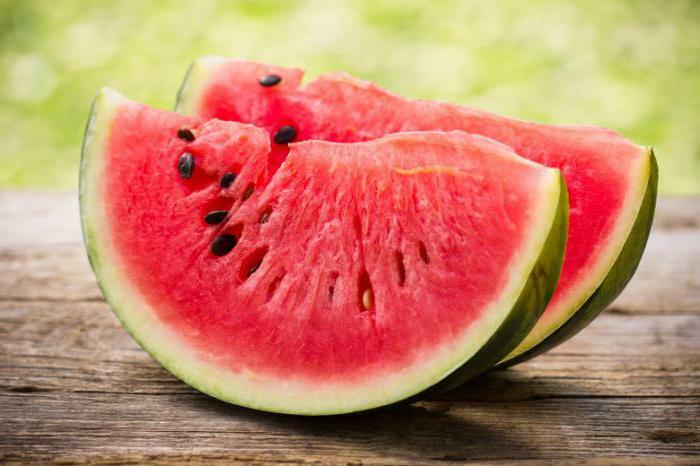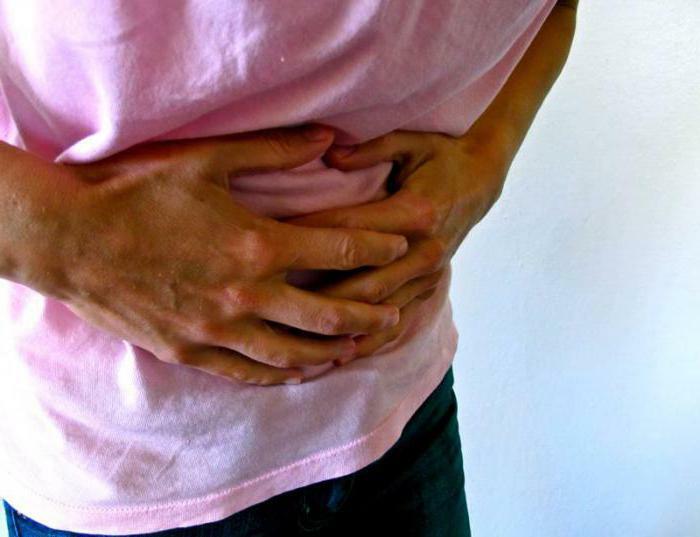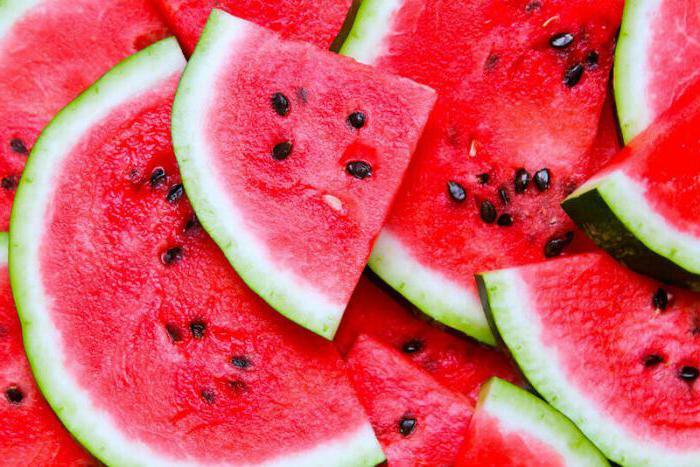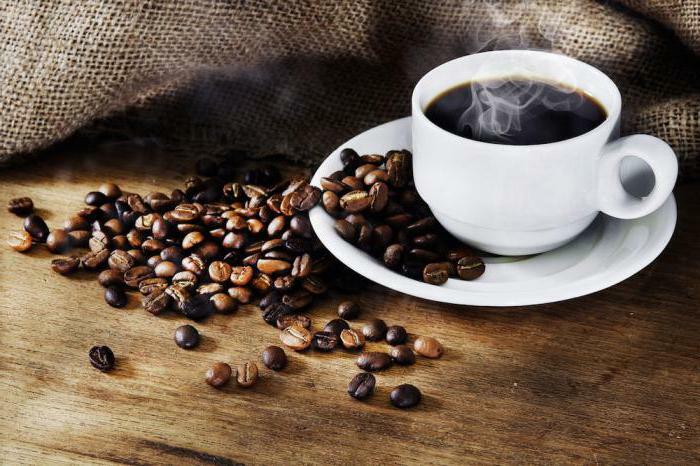Is it possible to eat watermelon in pancreatitis? Sample menu for pancreatitis
The state of health, mood and performance of a person living with pancreatitis depends to a large extent on the strict adherence to the prescribed diet. And it is right. But sometimes you want something "tasty", for example, watermelon. But do not hurry. Is it possible to eat watermelon in pancreatitis? Would he provoke a sharp attack? If it is possible, in what quantity? Especially these issues are relevant in late summer and early September, when this juicy and delicious berry appears on the shelves and so difficult to resist the temptation. Let's figure it out.

Important! Before you decide to read and listen to any advice, it is highly recommended that you consult your doctor or consult an endocrinologist.
What is pancreatitis?
Pancreatitis is an inflammation of the pancreas, which consists in the fact that the release of digestive juice and enzymes into the small intestine is severely impaired. The main factors leading to this disease include the following:
- heredity;
- adverse effects in the case of surgery;
- is a viral infection;
- abuse of alcoholic beverages.
The main symptoms of the manifestation of the disease:
- significant bloating;
- persistent nausea;
- vomiting;
- meteorisms;
- diarrhea.

Stage pancreatitis
For the disease is characterized by three stages:
- Acute. During this stage, pancreatic cells are destroyed under the influence of their own enzymes. This stage is characterized by a high level of intoxication of the body and, as a result, severe intolerable pain in the abdominal region, its swelling, vomiting and nausea. The main recommendation is absolute peace and starvation( especially during the first three days).Therefore, it is unlikely that during this period the question as to whether a watermelon can be eaten with pancreatitis is justified.
- Chronic. After an exacerbation the illness passes in this stage.
- The period of remission. During this stage, the formation of connective tissue takes place at the site of the lost cells of the gland, which leads to a considerable extent to the disruption of the pancreas.

This juicy and tasty berry - watermelon
Is it possible to eat a watermelon in pancreatitis? Let's first simply, regardless of pancreatitis, understand what the useful properties of watermelon for any healthy person. But in what: the product reduces puffiness caused by all sorts of causes, and cleanses the intestines from toxins in an excellent way.
Note! Useful properties are only berry, which has matured in an independent way, that is, without any chemicals.

Watermelon includes water( 90%), vitamins( A, B, B1, B2), minerals( for example, calcium, phosphorus, magnesium and potassium), ascorbic and folic acids, pectin and fiber. Since the striped berry is low-calorie, has a diuretic property, promotes the digestion of food proteins, it lacks glucose and there is fructose, it is recommended to consume people:
- who are eager to lose at least a few kilograms;
- is in expectation of replenishment in the family, that is, pregnant( only do not overdo it);
- suffering from various diseases of the liver and kidneys;
- with nervous ailments;
- with diseases of the cardiovascular system;
- suffering from digestive system disorders.
Can watermelon provoke an exacerbation of pancreatitis?
Is there a real danger to the pancreas from the watermelon? Yes, the composition of the striped berry does not include fats, and the amount of proteins is insignificant. Perfectly. But as a watermelon in pancreatic pancreatitis, the body can respond:
- Because of the huge amount of simple and complex carbohydrates, the load on the organ increases, which in this case has to work in a strengthened mode. The patient may experience: nausea, vomiting and severe pain.
- Cholagogue-like watermelon in pancreatic pancreatitis is a "provoker" of the formation of juice and bile, which play not the least role in the activation of pancreatic enzymes.
- The fibrous structure contained in the product is not amenable to processing by enzymes and their cleavage occurs only in the intestine. And if the healthy people fiber is "in joy"( since it contributes to the better functioning of the digestive tract), then it is "a burden" for patients with pancreatitis( as it leads to gas formation and, as a result, bloating, fermentation in the intestines, painful colic and diarrhea).
Obviously, watermelon can easily provoke an attack of pancreatitis. Not in vain in the diet of people suffering, both chronic and acute forms of this disease, is a very small amount of raw vegetables and fruits.
Striped berry in the diet with pancreatitis
Is it possible to eat watermelon in pancreatitis without thinking about the consequences? A unambiguous answer is difficult to give, since much depends directly on the course of the disease of each individual person. Therefore, it is best to consult your doctor who knows all the stages of your illness and your condition for today. An important role is played by the personal tolerability of this product. Do not forget to take this into account.

Note! Beware of marinated watermelons. They are categorically contraindicated at any stage of the disease.
Is it possible to eat watermelon in acute pancreatitis?
During the period of exacerbation, all fresh fruits, berries and vegetables are strictly forbidden. It is allowed to eat only foods that have been subjected to a "merciless" way of heat treatment. And the stricter people suffering from pancreatitis will adhere to the recommendations of doctors, the sooner they will get out of this difficult situation.
Remember! Even a tiny piece of watermelon can enhance inflammation and prolong the recovery period.
Watermelon in the chronic stage of the disease
Is it possible to eat a watermelon in case of chronic pancreatitis? And why not, if the pain subsided, and they have not been observed for a long time. Just do not overdo it: 200-250 grams per day is enough. In addition to watermelon, other berries are allowed in the form of fresh fruits or candied fruits. Moreover, to introduce the product into the diet should be gradually, starting with a very small portion( maybe even in a crushed form).In this case, the watermelon should be ripe and, preferably, grown without the use of chemicals( a clear sign of their use are streaks in the pulp).It should be of medium size, without dents, cracks and spots. Buy better, starting from the second half of August.
Tip! In any case - it is not superfluous to consult a doctor.
Can I eat watermelon in remission?
Remission is the time when you can relax, forget about prohibitions and afford more than before. In the remission phase, use of a striped berry( of course in moderate amounts) is not just possible, but necessary. After all, the glycemic index of a juicy fruit is low - hence, watermelon and pancreatitis do not contradict each other.

Important! With a fairly easy disease, you can eat up to 1.5 kg of berries a day;and if not everything is good, then it's worth to limit to 500 g. By the way, it's best to eat no more than 150-200 grams at a time.
Nutrition for pancreatitis
Due to the pathological changes in the gastrointestinal tract,which everyone who has pancreatitis should be excluded from the diet:
- all kinds of high-fat meals;
- food cooked by frying;
- products in canned form;
- marinades;
- baking "with a heat with a heat";
- variety of bread;
- broths cooked on meat or fish;
- alcoholic beverages;
- spicy spices;
- eggs hard boiled;
- chocolate;
- ice cream;
- cocoa;
- black coffee.

Food for every day
How can a sample menu look like when pancreatitis( acute) on the 7-8th day of the attack:
- First breakfast. Why not make an omelette( necessarily a couple) and tea( a weak consistency) without sugar.
- Second breakfast. You can treat yourself to cottage cheese with milk( only low-fat).
- Lunch. Soup based on pearl barley;boiled meat, braised with allowed vegetables and a little apple jelly.
- Dinner. Cooked steamed cutlets from fish and broth from wild rose berries.
- Before going to bed - a glass of yogurt.
Important! During the day you can use: 75-80 g protein, 55-60 g fat and 150-200 g carbohydrates. Remember: the number of calories per day is 2500 kcal.
Recipes for
Recipes for pancreatitis for breakfast:
- Porridge on milk from oatmeal. You will need: three glasses of milk( not necessarily whole, you can dilute with water in a 1: 1 ratio) and oat flakes( one glass).Put the milk on the fire, add the rump and cook on low heat for 5 minutes( after boiling), remove and cover with a lid. After 5-7 minutes you can eat.
Important! No sugar and no salt.
- Bake an omelet in the oven. We dissolve the eggs( two pieces) in a bowl, add a little milk and whisk everything. The resulting mixture is poured into a mold, pre-oiled, and put in the oven( for 20 minutes at a temperature of 200 degrees).
Tip! Before adding milk, it is better to remove the yolks from the bowl.
Recipes for pancreatitis for lunch:
Soup puree( chicken-based) with cauliflower. Boil the chicken breast( 250-300 g), pull it out of the pan, cool it and let it through the meat grinder. Mine and clean potatoes( 2 pcs.), Carrots( 1/4) and cauliflower( 5-7 inflorescences).Boil for 10 minutes potatoes and carrots, then add cabbage to them and cook for 7-10 minutes. Remove from heat, cool and add to them chicken. We grind everything in a blender. Eat - sit down and enjoy. Soup based on milk with rice. We raise the milk with water( that is, take one glass of each product), put it on the fire and bring it to a boil. Add the croup( previously washed in cold water) - two tablespoons. Stir constantly, cook on low heat for 10 minutes. Bon Appetit!
